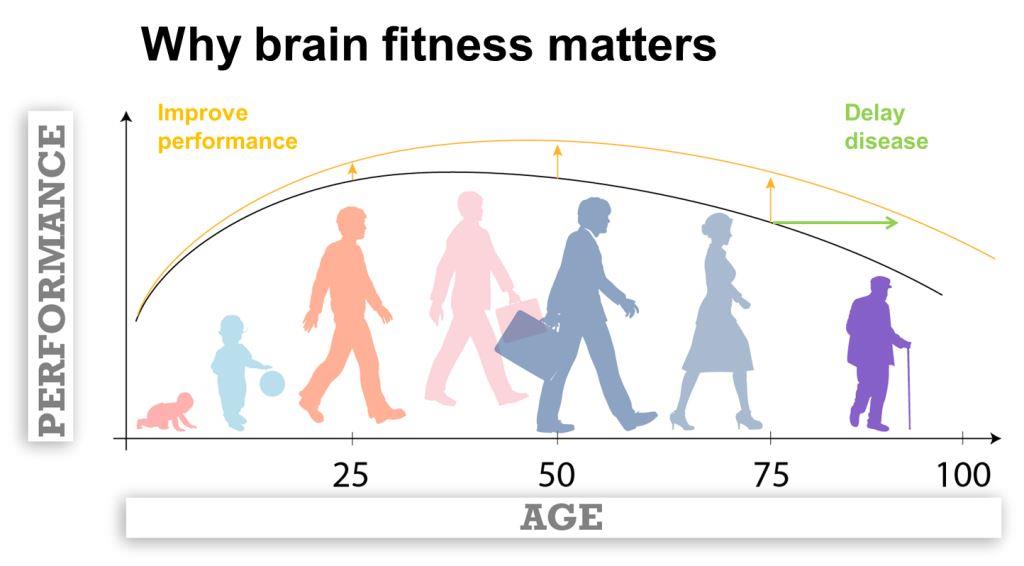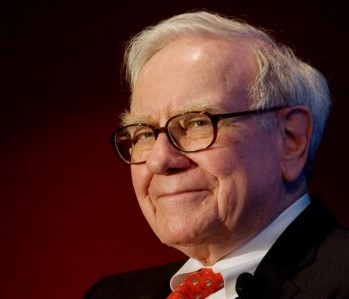Would Warren Buffett be a highly viable Presidential candidate?

My colleague Dr. Murali Doraiswamy just wrote an excellent opinion piece for The New York Times: With Age Comes Wisdom, and Some Concerns For Candidates.
He ends it up saying that, “As Henry Ford noted, “Anyone who stops learning is old, whether at 20 or 80. Anyone who keeps learning stays young.” We should shift the debate away from worrying about the age of our candidates and focus instead on their cognitive skill set and practical wisdom.”
I couldn’t agree more with those wise words.
 But, I do disagree with the words just preceding them: “Warren Buffett, at the age of 85, would still be a highly viable candidate, should he choose to run.”
But, I do disagree with the words just preceding them: “Warren Buffett, at the age of 85, would still be a highly viable candidate, should he choose to run.”
To see why I disagree–and why it matters–let me synthesize some recent research on brain health, cognition and aging.
As we grow older, our whole body changes. The same is true (surprise surprise) for the brain. The most common structural change is brain atrophy as neurons, and connections between neurons, tend to die over time. In terms of functional changes, age-related cognitive decline typically starts at about forty, when the brain processing speed slows down.
Dr. Jerri Edwards, one of the leading scientists we interviewed as preparation for the book The SharpBrains Guide to Brain Fitness: How to Optimize Brain Health and Performance at Any Age, defines processing speed as “mental quickness”. Younger brains process information faster than older brains. Young and old brains can accomplish the same tasks but the older brains will do so more slowly. In our daily life, the speed at which we process incoming information can be crucial. This is the case, for instance, when one is driving and has to assess the situation and take decision in a 1/45th of a second.
Along with speed of processing, other brain functions tend to decline over time. The decline typically happens in areas that underlie our capacity to learn and adapt to new environments, such as problem-solving in novel situations, working memory, dexterity and flexibility. As we age, it takes more and more effort to tune out distractions and stay focused.
Now, individuals do vary in how and when they experience these decreases, so it is very true that we should be concerned not about a candidate’a age, but about their own individual brain. And there are some positive elements to ponder: Growing older generally means that one has acquired more knowledge and wisdom, and some functions tend to improve with age, such as vocabulary and word-related language skills, pattern recognition, and emotional self-regulation. As a general rule, skills that depend heavily on previous experience tend to improve — for example, as judges tackle more cases, and more complex cases, they develop a refined intuition for solutions that solve problems efficiently and build on empathy and insight.
In summary…as long as our environment does not change too rapidly, we tend to accumulate very useful wisdom throughout our lives–yet our capacity to process and deal with change declines.
So, would Warren Buffett be a highly viable Presidential candidate?
I don’t think so. Not even close.
Warren Buffet can remain a successful value investor for years and hopefully decades to come (disclosure: I have a healthy amount invested in Berkshire Hathaway, so I’m putting my wallet where my mouth is), but it would be extremely hard for him to master, at age 85, the cognitive skill set required to adapt to a whole new environment, such as becoming a growth investor, or day trader, or presidential candidate or, eventually, President of the USA.
Having said that, I’ll acknowledge it’s all relative. Who else is running? Brain science has some answers…but certainly not all.
To learn more:


